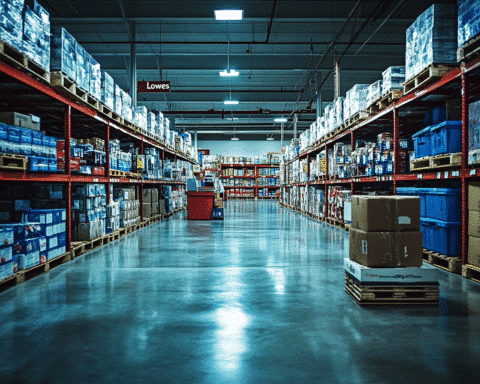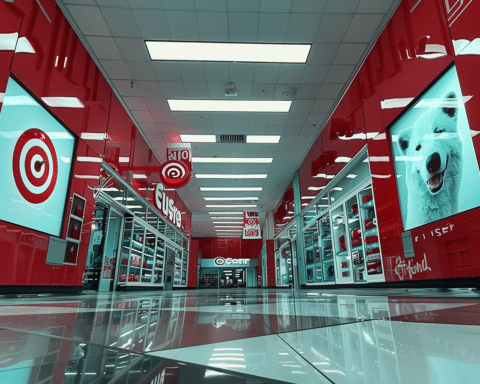In recent years, companies across various industries have enjoyed the benefits of heightened consumer spending, driving corporate revenues to unprecedented heights. However, this trend is now witnessing a significant shift. Companies like FedEx, Southwest Airlines, Target, and General Mills are grappling with a new economic landscape where their pricing power is diminishing, and consumers are becoming more budget-conscious.
FedEx reported a noticeable decline in customer preference for speedy yet costly shipping options, indicating a shift in consumer priorities. Similarly, Southwest Airlines observed a trend of discounted off-peak fares. Target and General Mills have adjusted their sales outlooks, acknowledging a more frugal consumer base. This change starkly contrasts the previous years of rapid consumer spending, even at high prices.
The solution for many industries has been implementing cost-cutting measures, such as layoffs, buyouts, or increasing operational efficiency. Companies like Nike and Spirit Airlines focus on such strategies to maintain profitability. Hasbro has announced significant layoffs in response to slow toy sales.
David Kelly, J.P. Morgan Asset Management’s chief global strategist, notes, “Goods companies don’t have the pricing power they did in the pandemic, and some in the hotel and travel [industries] — they don’t have the pricing power they did in the immediate post-Covid.”
While sales growth for S&P 500 companies is expected to average 2.7% this year, down from 11% in the previous year, net margins are only slightly decreasing. This indicates a strong commitment to maintaining margins despite the challenging market conditions.
Consumer spending patterns are shifting as well. According to the **Mastercard SpendingPulse** survey, holiday retail spending grew slower than the previous year. Different sectors are experiencing this shift differently, with some, like restaurants and Starbucks, seeing more robust sales while others, like jewelry and electronics, are facing declines.
Airlines are experiencing a drop in airfares, influenced by various factors, including the rebound from pandemic restrictions. Southwest Airlines CEO Bob Jordan emphasizes optimizing network capacity to match new demand patterns.
The automotive industry, too, is seeing a change. The average transaction prices of new vehicles have risen significantly since January 2020 but have declined recently, reflecting consumer resistance to high prices.
Despite these challenges, the U.S. consumer market remains robust, with a strong job market and resilient spending. However, the increase in credit card debt and changes in spending habits post-pandemic are leading to more cautious consumer behaviour.
Analysts remain optimistic about earnings in the coming year, expecting improvements in both sales and net margins for S&P 500 companies. As Ohsung Kwon, an equities strategist at Bank of America, points out, the focus for companies now is on reducing costs and optimizing operations, a strategy that could lead to sustained profitability even in a slower economic growth environment.
The changing consumer spending habits and the resultant loss of pricing power for companies mark a significant shift in the business landscape. As corporations adapt to this new reality, the focus on cost-cutting and operational efficiency is paramount. The coming months will determine how well companies can navigate these challenges while maintaining profitability and shareholder value.




